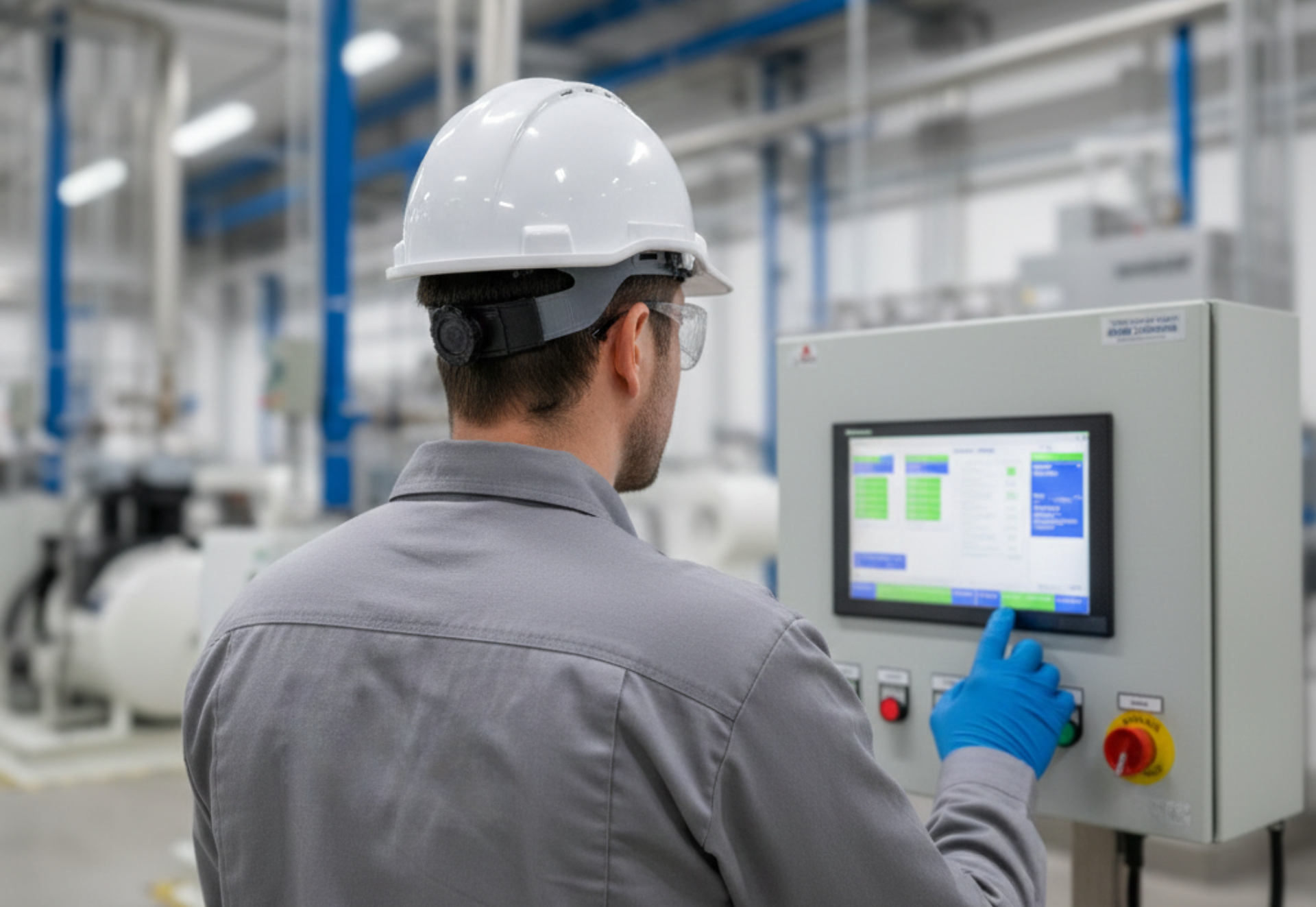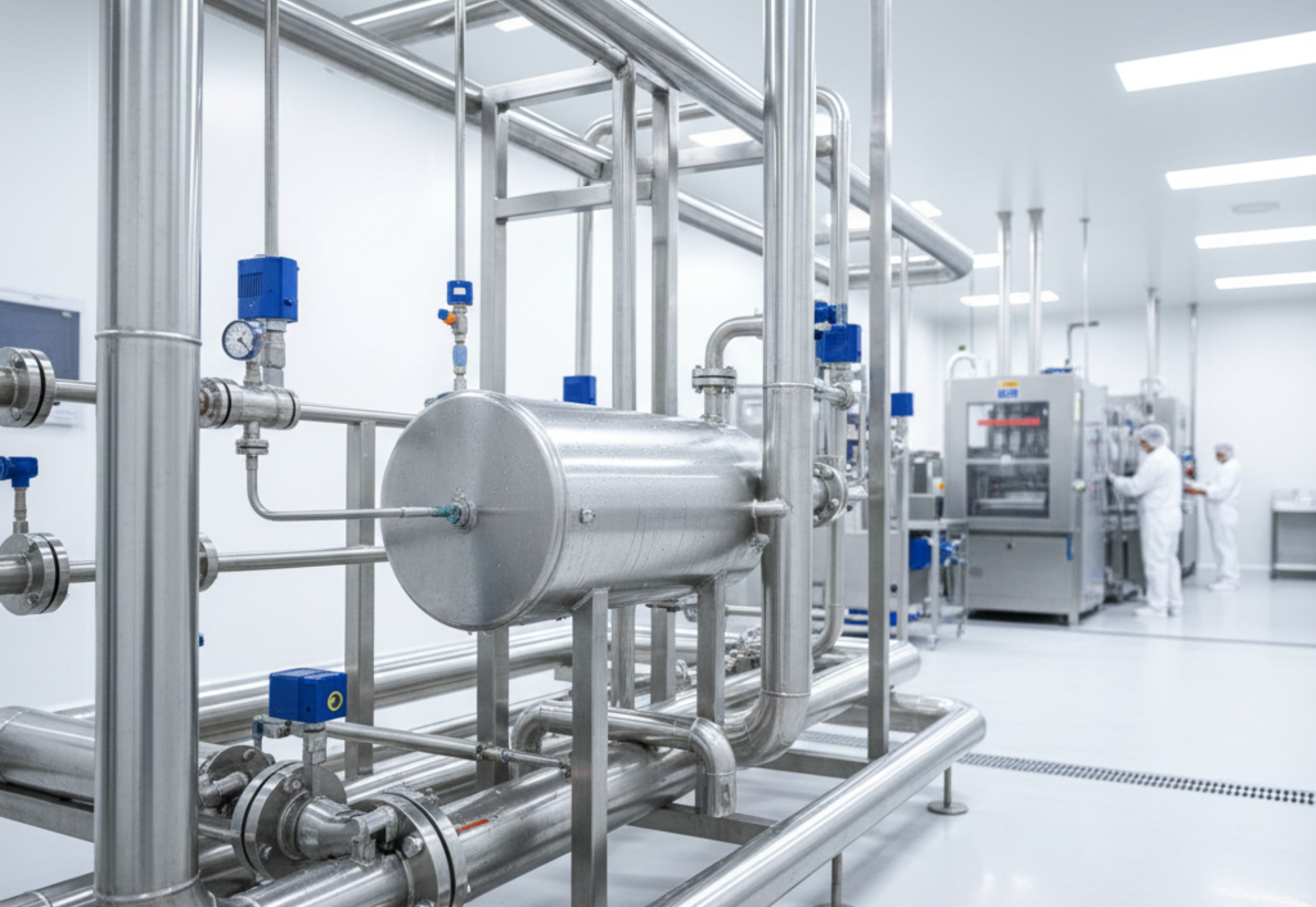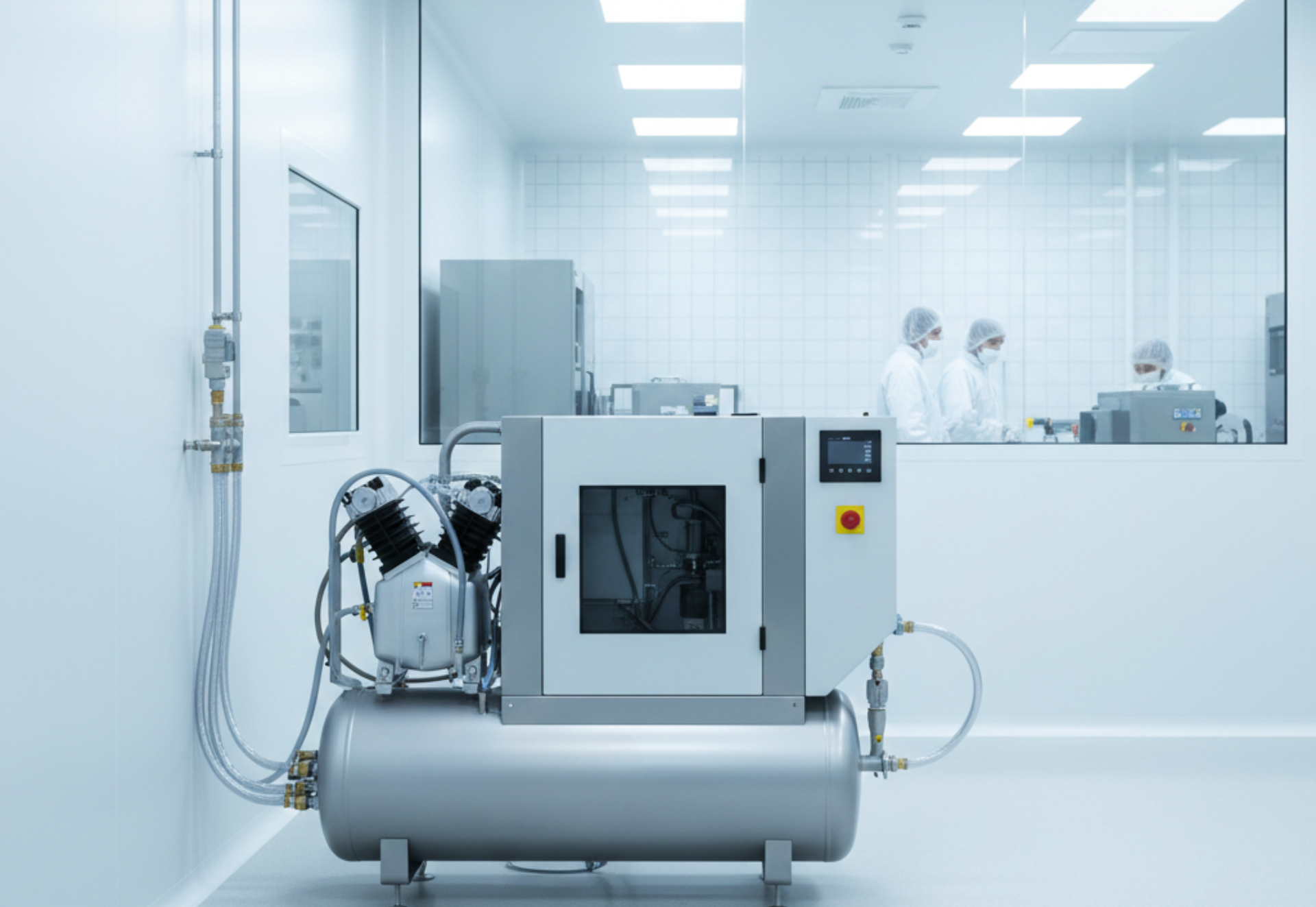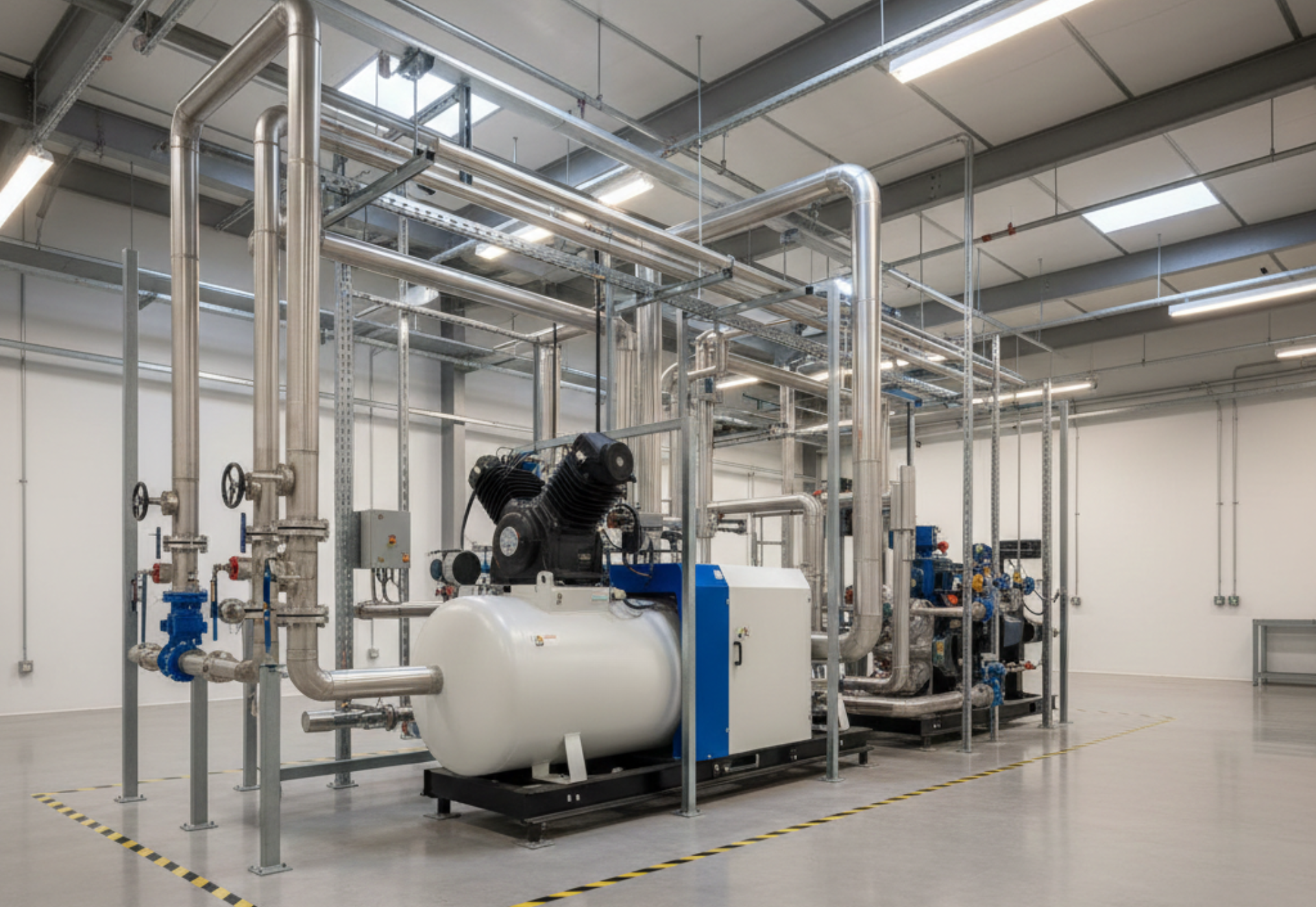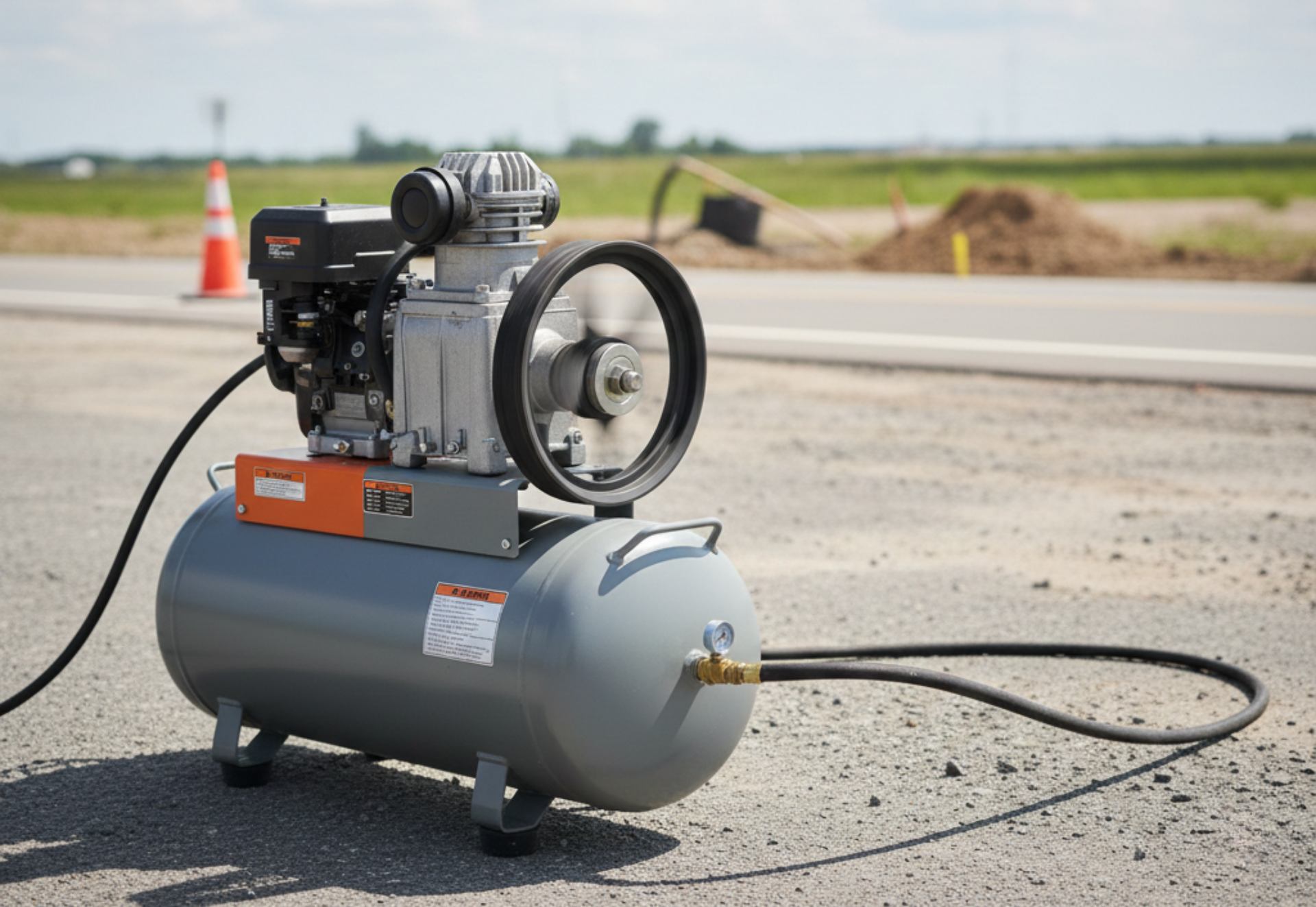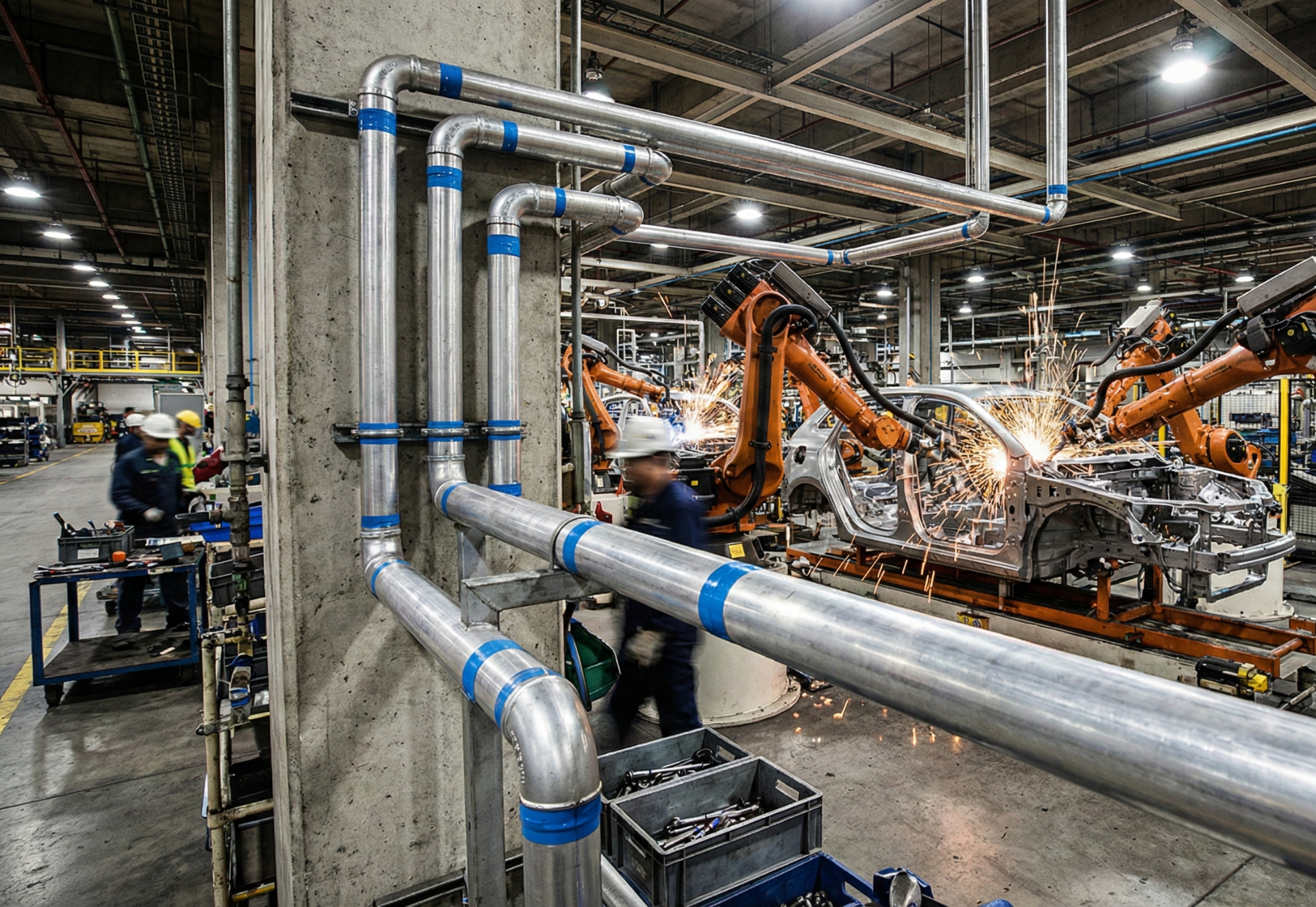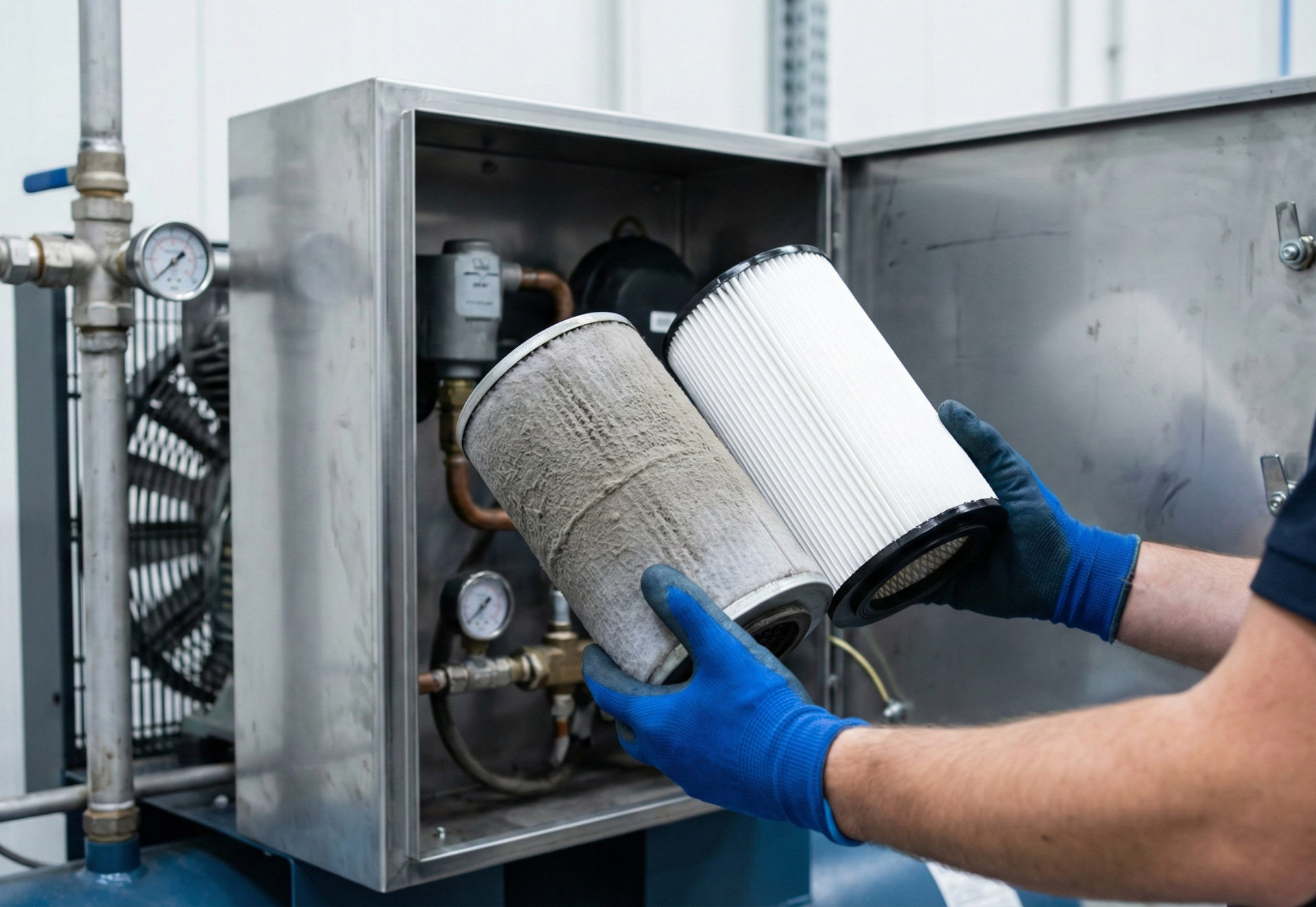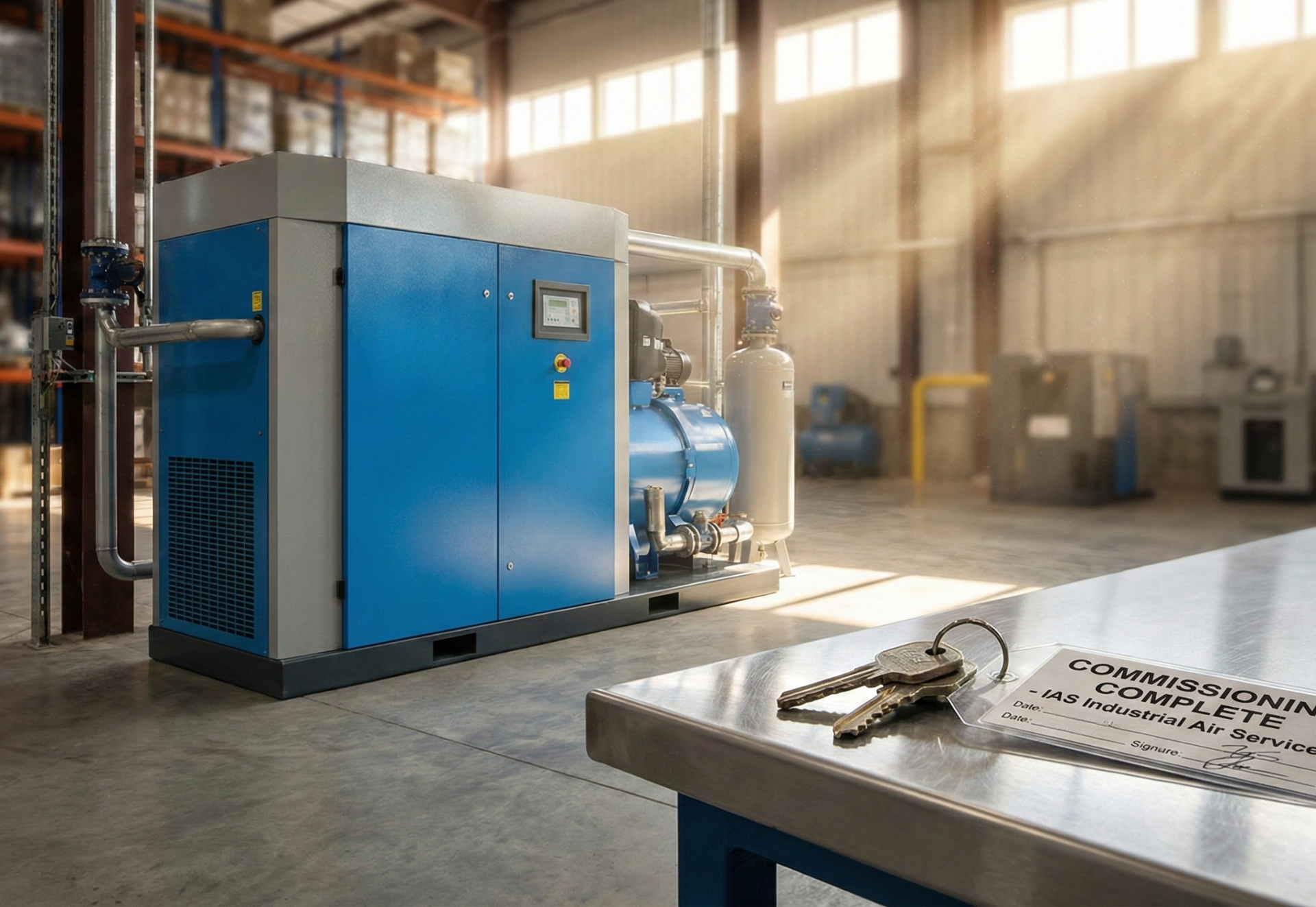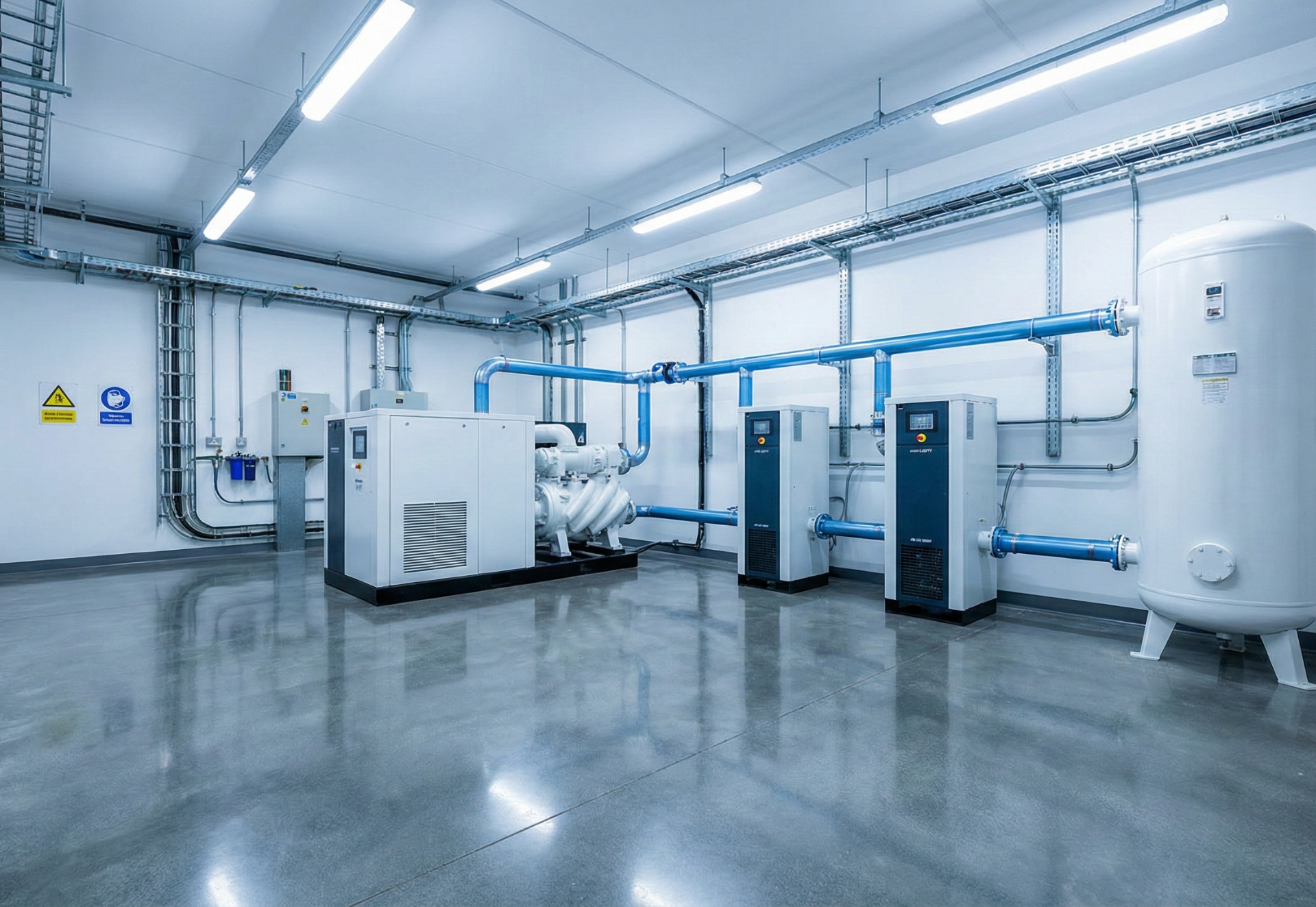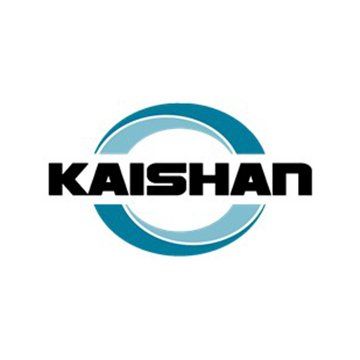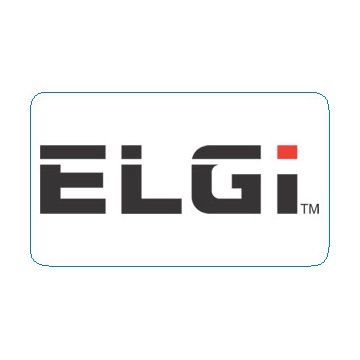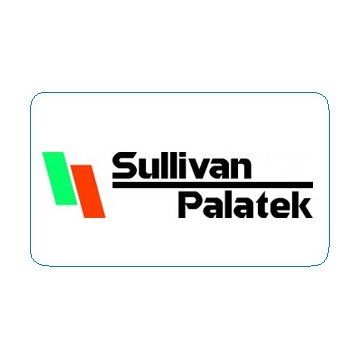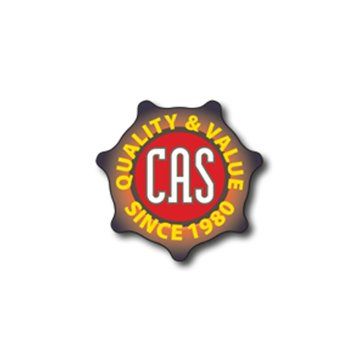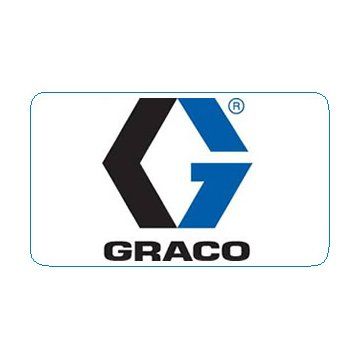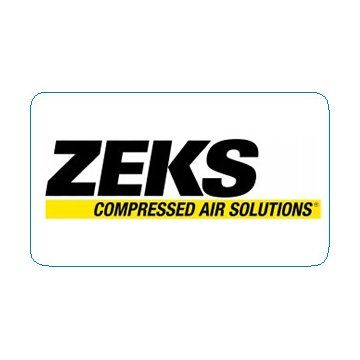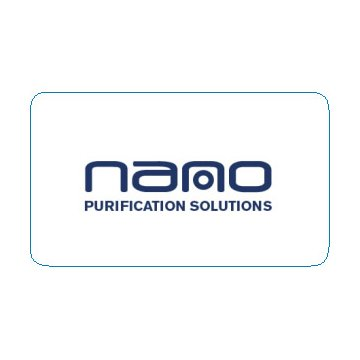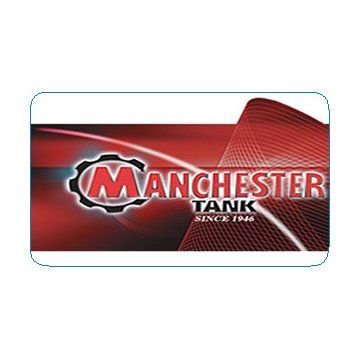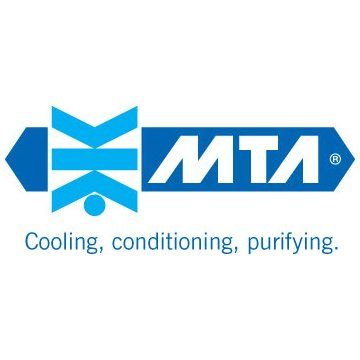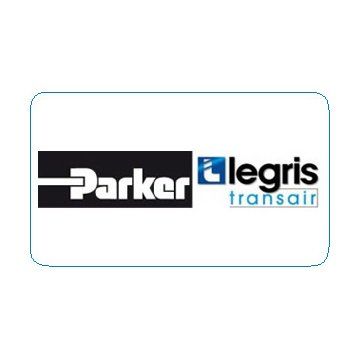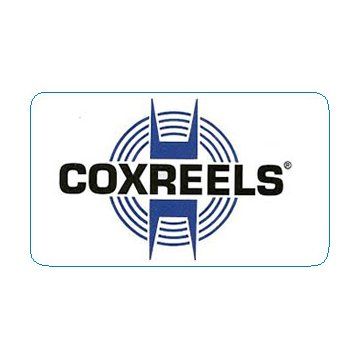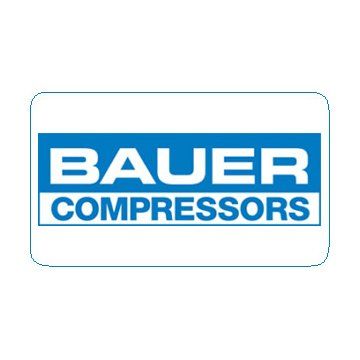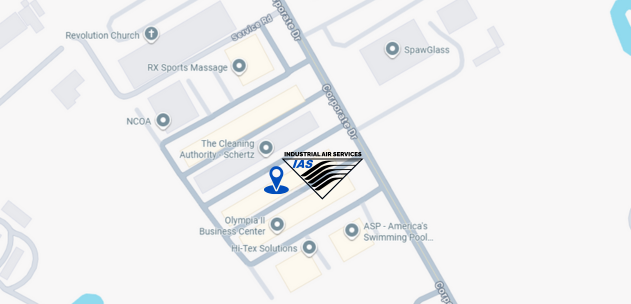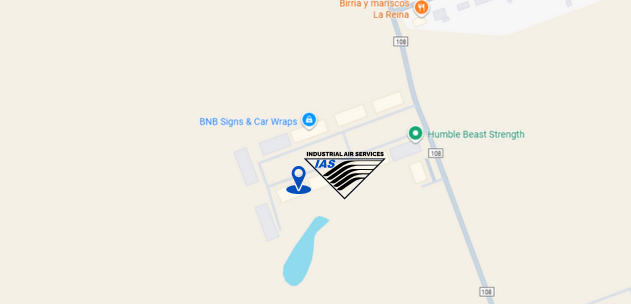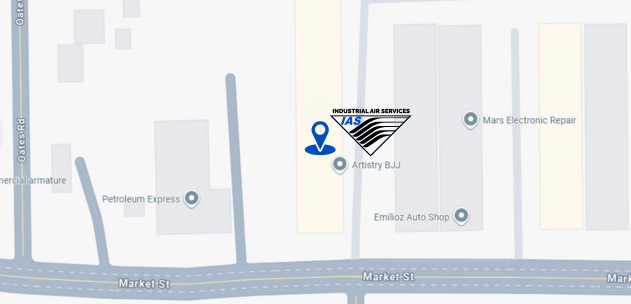Why After-Sales Service is the Real Differentiator in Industrial Equipment Sales
In today’s highly competitive industrial marketplace, the act of purchasing new machinery or equipment is merely the initial step in a much larger and more complex journey. What truly distinguishes successful operations and drives long-term value and profitability is the after-sales service you secure and, more broadly, how your equipment partner supports you across the full lifecycle of your assets. In the intricate realm of industrial equipment sales and service, suppliers that consistently deliver top-tier, proactive, and responsive service don’t just sell machines; they deliver tangible, measurable outcomes, ensuring optimal performance, extended asset lifespan, and minimized downtime.
This comprehensive article will delve into why after-sales service has evolved from a mere add-on to the real differentiator in industrial equipment sales. We will explore the multifaceted aspects of what constitutes exceptional service, provide guidance on how to choose the right partner based on their service capabilities, and offer strategies for how to extract maximum, sustained value from your equipment investment through intelligent service engagement. Understanding these elements is crucial for any business looking to gain a competitive edge and secure the longevity of its operational efficiency.
Industrial buyers increasingly recognize that their real return on investment depends not only on the quality of the machine, but on the caliber of the service ecosystem surrounding it. Reliable after-sales support is now a top differentiator: it assures buyers that their assets will be maintained at peak efficiency, downtime will be addressed swiftly, and technology upgrades or issues will be handled expertly. These factors contribute not just to operational uninterruptedness, but to a company’s competitive edge and reputation in its own market. In fact, industry research reveals that 83% of equipment buyers are more likely to repurchase and recommend suppliers offering outstanding after-sales care, and that effective service programs can increase profit margins by 25–95% through increased retention and enhanced lifetime customer value.
Moreover, after-sales excellence is crucial for building trust, as customers need assurance that their significant capital investments will be protected, supported, and continuously optimized as operational requirements and technologies evolve. By shifting from a transactional mindset to a lifecycle partnership, suppliers move from selling “products” to delivering guaranteed outcomes, enabling clients to focus on growth and innovation rather than maintenance headaches and avoidable breakdowns.
This article expands on these themes and provides essential insights into why world-class service isn’t just an add-on, but the core value proposition in industrial equipment sales today.
The Changing Landscape: Sales vs Service
Historically, industrial equipment vendors focused heavily on the sale: deliver the machine, install it, and move on. But as manufacturing cycles lengthen and downtime penalties grow, the aftermarket service business has surged in importance.
According to research by Boston Consulting Group, companies that excel in aftermarket services, including maintenance contracts, field service, and spare parts, enjoy gross margins around 42% and EBIT of about 20% from services alone. Boston Consulting Group
Another study shows that the average operating margin from aftermarket business is 2.5× higher than from new equipment sales. MRI Network
These statistics underscore a shift: the business model is moving from one-time equipment sales to ongoing service relationships.
For plant operators and procurement managers, this means: choosing a supplier isn’t just about machine specs and purchase price, but about service capability, spare-parts logistics, responsiveness, and long-term support.

Why After-Sales Service Becomes the Differentiator
Higher margins & recurring revenue
Service businesses are more profitable, stable, and strategic than equipment sales alone. According to
Kearney, aftermarket services average an EBIT margin of ~27% vs. ~11% for new equipment sales.
For your organization, this trend means that the supplier with a stronger service offering is more likely to invest in spare parts, trained technicians, and faster response networks — which directly benefits you.
Customer loyalty and competitive edge
Ongoing service interactions create touchpoints, build relationships, and drive loyalty. Organizations prioritizing after-sales support report 25-30% higher customer retention.
From a buyer’s perspective, choosing a service-capable partner gives you peace of mind: if your equipment runs longer, has fewer breakdowns, and stays current, you have less incentive to switch.
Risk reduction and operational continuity
For manufacturers, downtime is expensive. A responsive service partner, offering preventive maintenance, spare parts, and rapid field support, can drastically reduce risk. According to industry advice, effective service contracts can serve as a strategic “insurance policy” against unexpected failures.
This ties directly into equipment lifecycle management: the right service partner helps maximize uptime, extend equipment life, and improve ROI.
Insight and continuous improvement
Service providers with a deep aftermarket footprint see how equipment performs in the field, what parts fail most often, and how systems are used in real operational contexts. According to HBR-based research, this insight allows providers to upsell upgrades, suggest retrofits, and deliver continuous value.
When you pick a partner like Industrial Air Solutions Texas (IAS), which combines sales + service, you get a partner that understands not just equipment, but the full operational life of that equipment in your facility.
What Exceptional After-Sales Service Looks Like
For end-users evaluating
industrial equipment sales and service, here’s a checklist of what to require and how IAS stacks up.

“The success stories of manufacturers highlight the tangible benefits of having a dedicated team of experts that continuously monitor and improve plant operations.” Cornerstone Automation
With IAS, you get not just a vendor but a partner, one that stays engaged long after the initial sale, proactively supporting your plant’s equipment and performance.
Best Practices for Buyers: Maximize Value from Service
- Think total cost of ownership (TCO), not only the purchase price. Equipment sales matter, but ongoing service impacts cost and uptime far more.
- Negotiate service contracts at the time of sale. Ensure your contract covers preventive maintenance, parts availability, response time, and escalation.
- Define key performance indicators (KPIs). Examples: uptime %, mean time between failures (MTBF), spare-parts cost per hour, technician response time. Review them regularly with your service partner.
- Treat the supplier as a strategic partner. Invite your provider (IAS) to perform equipment health checks, suggest upgrades, and share insights.
- Leverage digital tools. Use remote monitoring, IoT sensors, and data analytics to stay ahead of failures. It’s no longer just about the machine – it’s about the data.
- Lifecycle plan. Equipment lasts years; choose a supplier capable of support, upgrades, and retrofit across that lifecycle.
By following these practices and partnering with IAS, your organization is positioned to get more uptime, lower risk, and higher long-term value.
The Future of Industrial Equipment Sales & Service
The equipment market is evolving quickly, driven by digital transformation, sustainability, and new service business models. Some trends to watch:
- IoT & Predictive Maintenance: Connectivity embedded in machines allows remote diagnostics, predictive alerts, and data-driven service. For example, BCG reports 28% of new machines now feature remote connectivity.
- Outcome-Based Contracts / Equipment-as-a-Service: Instead of buying equipment outright, companies subscribe to performance contracts. This shifts the focus even more onto service excellence.
- Sustainability & Circular Economy: Extending equipment life through service and retrofit reduces waste and aligns with corporate ESG goals.
- Digital After-Market Platforms: End-users expect online portals, mobile service scheduling, live equipment dashboards, and faster parts delivery.
At IAS, we’re investing in these future-ready capabilities: remote diagnostics, data analytics, proactive service models, and flexible contracts. Our goal is to be your trusted long-term partner, not just in industrial equipment sales and service, but in your continuous operational success.
Ready to elevate your equipment performance?
Partner with
Industrial Air Services Texas (IAS) and benefit from best-in-class equipment plus expert service & support.
Schedule your equipment lifecycle audit today,
contact us, or call (02) 210-255-1441.
Let’s ensure your investment delivers maximum uptime, reliability, and ROI.

Frequently Asked Questions
1. What are the four types of equipment?
The four main types of industrial equipment are heavy equipment, processing equipment, support equipment, and maintenance equipment. Each type plays a critical role in keeping operations running efficiently.
At Industrial Air Service (IAS), we specialize in providing and maintaining compressed air systems, air dryers, and nitrogen generators, which fall under both processing and maintenance equipment. Our goal is to ensure your industrial equipment stays reliable, efficient, and productive long after installation through our comprehensive after-sales service across Texas, including San Antonio, Houston, and Austin.
2. What are examples of industrial equipment?
Industrial equipment encompasses a wide range of machines and systems used in manufacturing and production, including air compressors, air dryers, generators, chillers, and industrial piping systems.
Industrial Air Services IAS focuses on air compressors, air dryers, and nitrogen systems, offering sales, installation, and after-sales support. Whether it’s repair, preventive maintenance, or parts replacement, Industrial Air Services IAS ensures that every piece of equipment operates at peak performance. Businesses across Texas trust IAS for quality products, responsive service, and technical expertise that minimize downtime and maximize efficiency.
3. How to start an industrial supply business?
Starting an industrial supply business begins with understanding your target market, building strong supplier partnerships, and providing reliable service. However, success in this field also depends on maintaining long-term client relationships, which is where after-sales service becomes your strongest differentiator.
At Industrial Air Services IAS, we’ve built our reputation through consistent, customer-focused after-sales support. From helping clients choose the right air system setup to providing 24/7 maintenance and emergency services, we ensure businesses run smoothly without interruption. If you’re starting in the industrial supply space, partner with trusted service providers like Industrial Air Services IAS because long-term success comes from long-term reliability.
Author & Credibility
Written by the team at Industrial Air Services Texas (IAS), specialists in industrial equipment sales and service for manufacturing, food & beverage, automotive, and aerospace clients across Texas and beyond. With over 15 years of experience and a proven track record in uptime improvement and lifecycle management, we deliver solutions that combine equipment, service, and strategic partnership.

